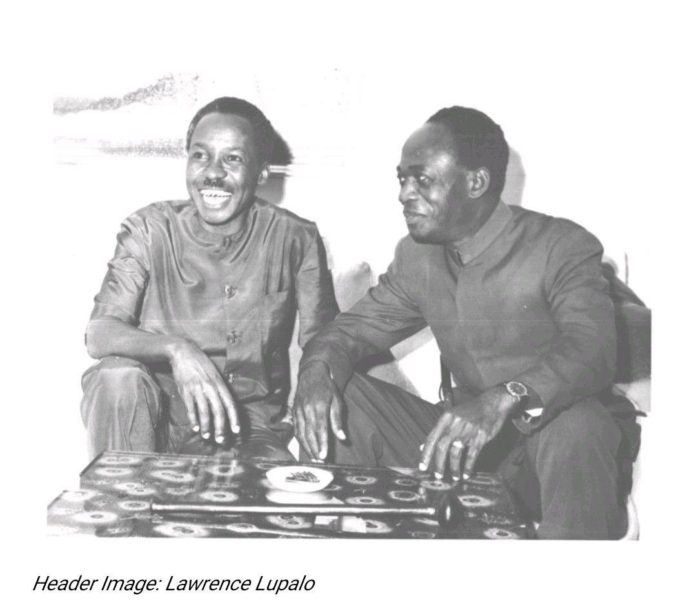Very few people doubt that Africa should be united but disputes have always arisen on how to do it.
It is not even a new dispute as in the 1960s, Julius Nyerere and Kwame Nkrumah, two of Africa’s greatest Pan-African luminaries locked ideological horns over the issue.
Nkrumah may have been older but he was more intrepid and adventurous in his approach.
His proposal sounds like a youthful but overly optimistic manifesto at achieving instant integration – the United States of Africa.
Nkrumah’s brand of Pan African unity was a wildfire ignited to ravage the vestiges of whimsical colonial borders and burn all resolutions of the Berlin Conference.
Nkrumah was not alone. A bloc named the Casablanca group emerged in 1961 calling for the urgent unification of Africa. The group comprised of Algeria, Egypt, Guinea, Libya, Mali, Morocco and Ghana.
Kwame Nkrumah’s view was that independence was nothing without unity. In 1963, he delivered a speech at the inaugural Organisation of African Unity in Ethiopia in which he made the argument that, “By creating a true political union of all the independent States of Africa, we can tackle hopefully every emergency, every enemy and every complexity.” He presented African unity as an imperative.
Unity was the logical and only answer to the enduring legacy of colonialism – neo-colonialism. To Nkrumah, boundaries and frontiers within the continent were a colonial relic which would drive the African countries to war against one another.
To counter these morbid prospects of intra-African struggle, Nkrumah announced, “Only a united Africa functioning under a Union Government can forcefully mobilize the material and moral resources of our separate countries and apply them efficiently and energetically to bring a rapid change in the conditions of our people.”
The ideal post-colonial Africa would “forge a political union based on Defence, Foreign Affairs and Diplomacy and a common Citizenship, an African currency, an African Monetary Zone and an African Central Bank.” It was an urgent matter. The continent had to unite now or perish.
Cutting a road up the mountain
Julius Nyerere, on the other hand, was hopeful but cautious. In his 1963 article, A United States of Africa, he said, “Many of us in East Africa believe that our best path to unity may be through a regional association.”
To Nyerere, total unity was a goal to be attained by making incremental gains. His view was that quantum leaps into a forced unity appealed to the hearts of men, appearing courageous, self-sacrificing and revolutionary but led to a disastrous disintegration of the units already existing. At the official opening of the University of Lusaka in Zambia, Nyerere, therefore, concluded, “…we must avoid the excitement of the climb up the rock-face, for that cannot be negotiated with the load we must carry.”
Instead, the answer was to cut a road up the side of the mountain to the highlands, and cut it gently enough for all our people to travel.
Nyerere became the central figure of the gradualist, intergovernmental confederal approach which retained state sovereignty but sought to use the states as building blocks for continental unity.
Nkrumah, on the other hand, thought Nyerere’s approach amounted to the balkanization and weakening of Africa.
Modern Africa’s Heart of Nkrumah and Mind of Nyerere
In 2019, the audacious vision of Nkrumah represents the collective ambition of the continent while Nyerere’s pragmatism has provided a Pan-African map around the rock-faced mountains of neo-imperialism.
The African Continental Free Trade Agreement (AfCFTA) which seeks to create a $3.4 trillion economic bloc has been the most ambitious contemporary attempt at uniting the continent.
All African countries but Eritrea have signed the free trade pact. In West Africa, plans to introduce a single regional currency are at an advanced stage and 2020 could see the Eco become legal tender in some West African countries.
These are the calculative incremental gains of Nyerere inspired by the enchanting, daring vision of Nkrumah.
Indeed, modern Africa has the heart of Kwame Nkrumah and mind of Julius Nyerere.
In the next article we discuss the African Continental Free Trade Agreement which recently entered into its operational phase.
https://youtu.be/rjBiZEPV69M


